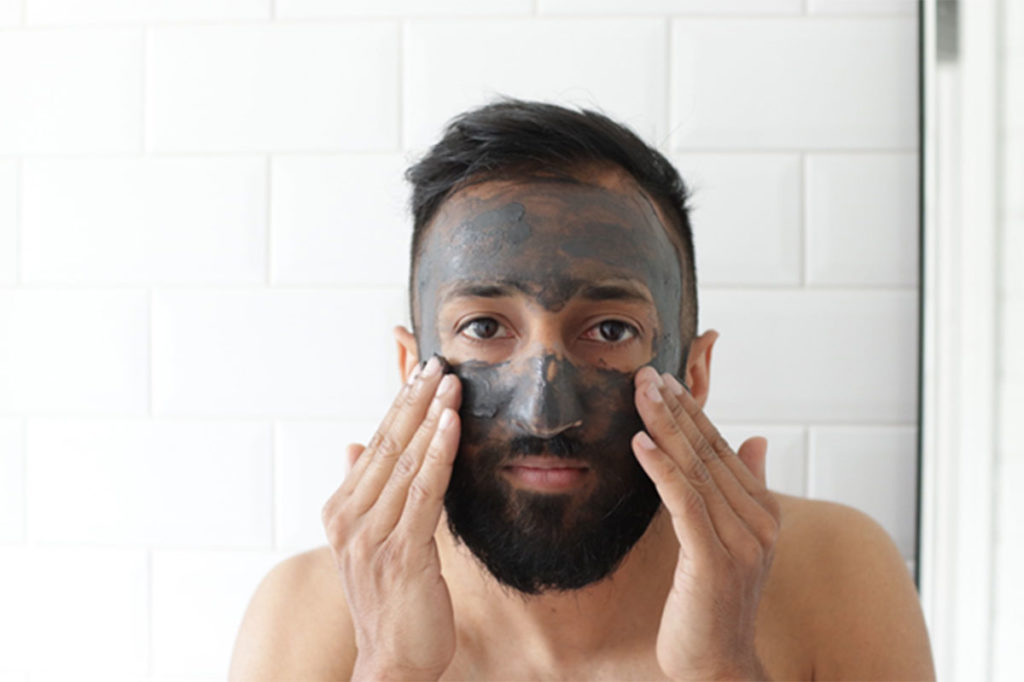Acne is an inflammatory skin condition. It comes in many forms, from black dots to large inflammations. And it’s surrounded by many myths, which are reinforced by unverified information on the Internet.
Acne Happens Only in Teenagers
There is a myth that acne is a disease of teenagers. Indeed, the group that mostly encounters acne are teenagers and young adults between the ages of 12 and 24. However, modern studies show that acne is common in people over the age of 18, and not only those who lead a sedentary lifestyle playing with live betting odds and eating junk food. And acne occurs or worsens in women more often in adulthood than in men.
Acne Provoked by Dairy Products
Those treated for acne are often advised to cut out dairy products from their diet. This works for some people. However, the absence of dairy products in the diet doesn’t guarantee perfect skin. There are several studies with conflicting data. One study states that cow’s milk provokes acne, while another states that it doesn’t. The American Association of Dermatologists points out that there is currently no proven data on the link between dairy products and acne.
If You Tan, Acne Will Go Away
Tanning can indeed even out skin tone and relieve redness. However, sunlight or tanning beds dry out the skin. This will cause the sebaceous glands to produce even more sebum, which over time can lead to more rashes. If you are being treated for acne and are using products with retinol, salicylic acid or vitamin C, the sun is dangerous for your skin. These ingredients make your skin more vulnerable to UV rays. If you don’t protect yourself from them, you can accelerate skin aging or increase the risk of developing skin cancer.If Y
ou Give Birth, Your Acne Will Go Away
Even doctors sometimes say that you have to give birth in order for your skin condition to improve. However, such recommendations are not supported by anything at all. The main cause of acne – genetically determined by the malfunction of the sebaceous glands, or more precisely – the heightened sensitivity of the receptors to the hormones and androgens. That is, pregnancy can in no way prevent acne. However, pregnancy is a period of strong changes in the female body, so it’s impossible to predict how the skin will behave at this time. Some people’s acne may really go away for a while, while others, on the contrary, acne may worsen.
Pimples Should Be Cauterized With Alcohol Solutions
Cauterizing pimples is really bad advice. A solution of salicylic acid, for example, contains about 70 percent alcohol. This ingredient, when used regularly, deprives it of its protective barrier. Because of this, the skin quickly loses moisture and easily lets bacteria in, leading to inflammatory reactions. So the acne situation only gets worse.
Acne Treatment
Acne is a serious disease and it must be treated under the supervision of a dermatologist. If the problem is limited to a couple of pimples (comedones, pustules) and clogged pores, it can be treated by yourself with dermatocosmetice. If the situation is serious, you have cystic inflammation, deep subcutaneous pimples (nodules) or nodular acne, in which case it is better to consult a specialist. He will help prescribe medication, including antibiotics, hormones and medications with isotretinoin. In these circumstances, self-treatment can only make the problem worse.
Acne marks and pimples on the face and body can make a person’s life uncomfortable, they take away self-confidence and create psychological problems in communication. At some point a person gets desperate to wait until “everything goes away on its own” and decides to treat acne properly, that is, to make an appointment with a dermatologist.
What Methods Can Be Used to Get Rid of Acne?
Exfoliation
Exfoliation of the keratinized layer of cells and intensive cleansing of the skin at a deeper level with scrubs, peels, gommage, and masks. The frequency of treatment depends on the skin type and condition.
Bactericidal Remedies
Drugstore cosmetics have a bacterial effect on the epidermis, slowing down the rate of propionic-bacteria that contribute to the development of new imperfections, drying up existing breakouts and reducing sebum production. The composition of such means include the active components in high concentrations, allowing a comprehensive fight with the problem of rashes.
Antibiotics
To treat stage 3 and 4 acne (medium and severe forms), the dermatologist prescribes systemic antibiotics: minocycline, doxycycline, tetracycline and erythromycin.
Hormonal Therapy
To treat acne in adulthood caused by hormonal imbalances in the body, the dermatologist prescribes appropriate tests and hormone therapy.
Retinoids
With regular use, vitamin A derivatives, aimed at normalizing cell renewal of the skin, are effective against acne and post-acne (scars and hyperpigmentation), smoothing the tone and relief of the skin, accelerating the exfoliation of dead skin cells.
Phototherapy
Acne treatment with phototherapy (radiation) is based on exposing the problem areas of the skin to an intense stream of light, while reducing the production of sebum. The procedure also improves blood flow in the sebaceous glands, which promotes reparative processes.
